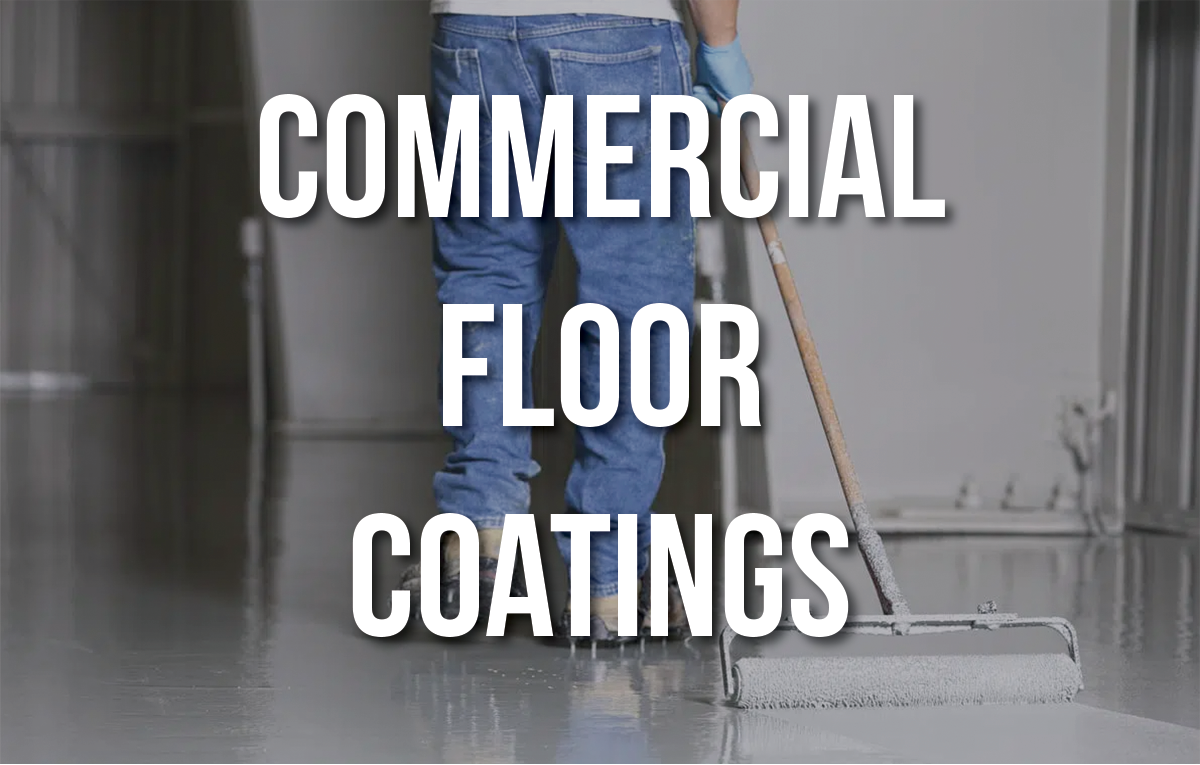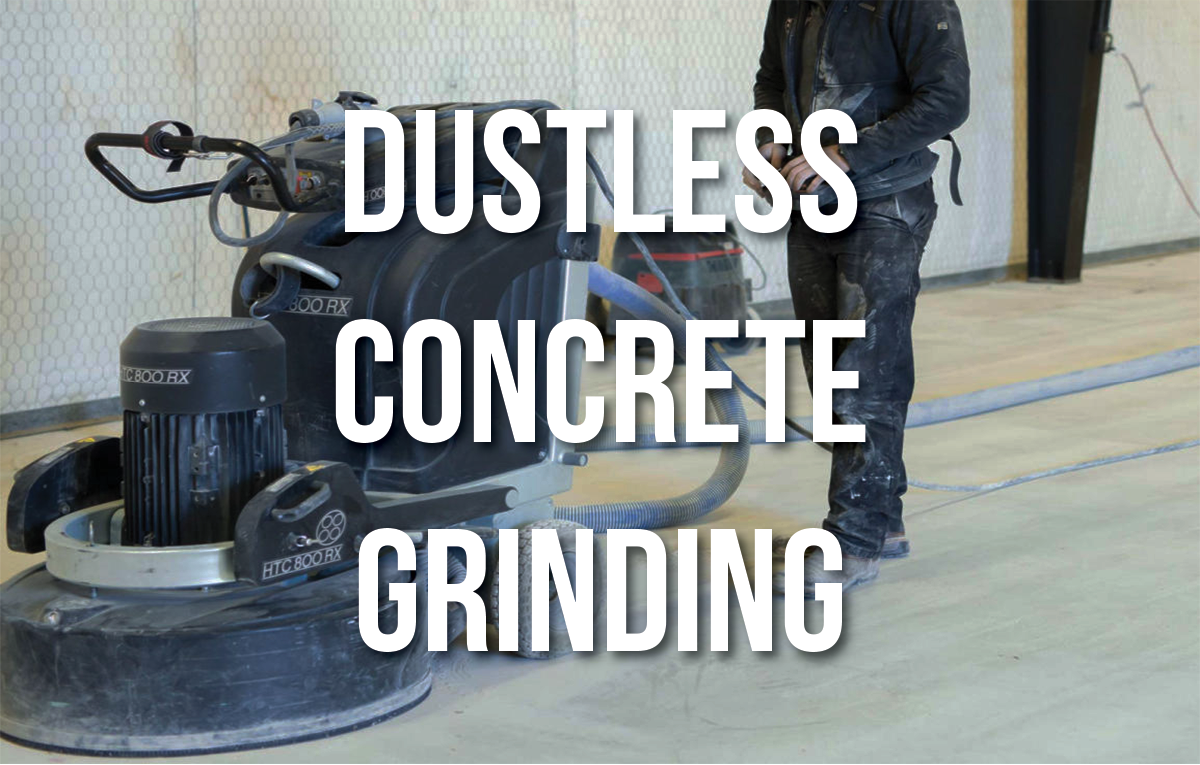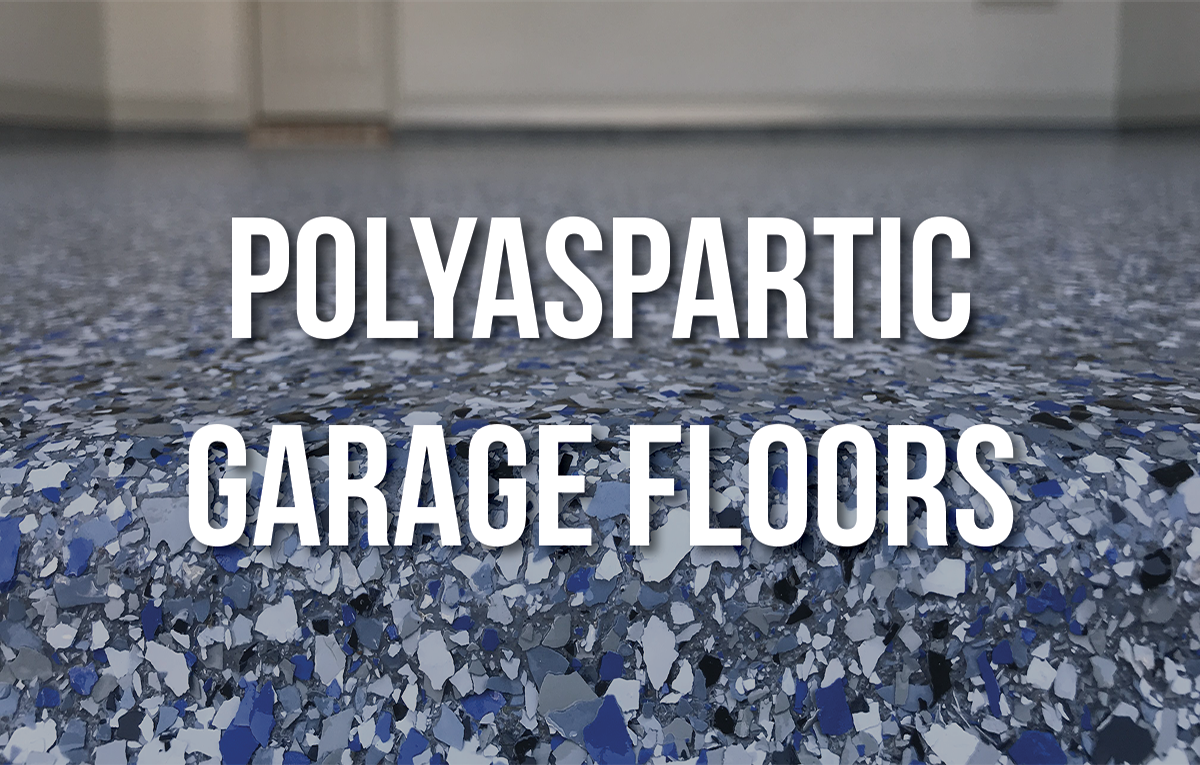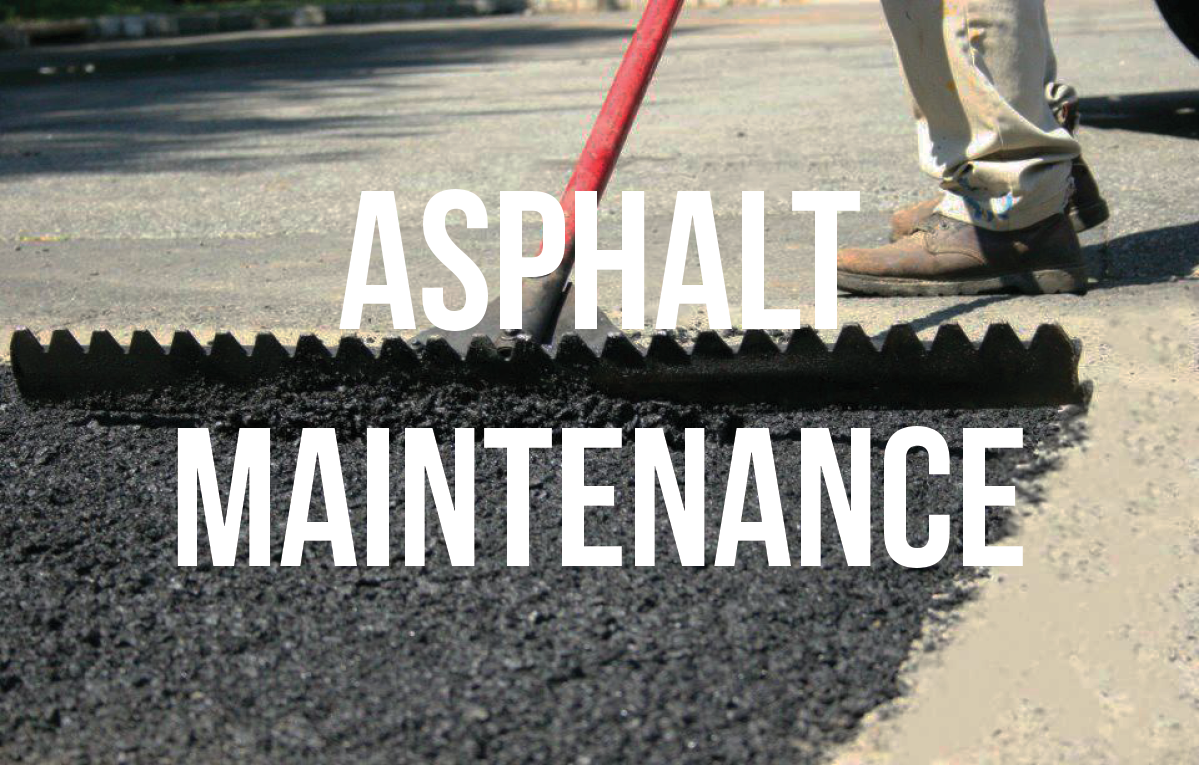RESTAURANT FLOORING
POLYASPARTIC & POLISHED CONCRETE FLOORING SOLUTIONS FOR THE FRONT & BACK OF HOUSE
POLYASPARTIC & POLISHED CONCRETE FLOORS IN RESTAURANTS
Polished concrete flooring will undoubtedly be on your list of options, whether you’re designing a brand-new restaurant or remodeling an existing floor plan. For front-of-house applications, polished concrete flooring represents a contemporary, attractive medium frequently used in restaurants. In contrast, polyaspartic floors are frequently used in the back-of-house, including commercial kitchens and environments where food is prepared.
Commercial restaurants frequently have polished concrete floors because of their durability, slip resistance, ease of maintenance, and ability to be dyed or stained to produce various tones or colors that match the restaurant’s interior design aesthetic.
High traffic, grease, oil, coffee, alcohol, and citrus acids that could harm or deteriorate other flooring surfaces can all be tolerated by polished concrete floors. You need an industrial flooring solution for your restaurant to withstand regular foot traffic, food carts, and spills, but that doesn’t mean it has to look like one. For your restaurant, polished concrete floors offer an aesthetically pleasing flooring option with industrial strength!

ARE POLYASPARTIC & POLISHED CONCRETE FLOORS THE RIGHT CHOICE IN MY RESTAURANTS
Commercial polished concrete floors in restaurants must frequently withstand heavy foot traffic and spills, stains, and grease from various dishes. You need a flooring option that will be sturdy, long-lasting, and won’t need a lot of upkeep, which would interfere with your eating plans.
Quarry tile and other flooring types frequently used in restaurant settings need intensive schedule maintenance, which necessitates closing the establishment for a few days or longer to complete the floor maintenance. However, when your restaurant is closed, polished concrete floors can be renewed overnight. So, it seems that extensive closure, changes to the dining schedule, or missed shifts are not necessary.
Epoxy flooring works best in commercial kitchens, and most municipalities’ building codes require it for areas where food is prepared. For use in your restaurant’s back-of-the-house operations, epoxy flooring is a reliable option. Epoxy floors outperform other industrial kitchen flooring surfaces in terms of durability and cleaning ease. To improve the floor’s resistance to harsh chemicals and aggressive cleaners required to remove tough grease or grime, coarse sand is broadcast into the epoxy floor coating to increase slip resistance.
For front-of-the-house restaurant applications visible to customers, polished concrete floors are the best option. In contrast, epoxy is typically used for back-of-the-house operations.
RESTURANTS HAVE ADDITIONAL CONCRETE FLOORING OPTIONS
Various polished concrete flooring options are available to match your current design scheme or restaurant layout. The current stage of your restaurant’s overall construction will play a significant role in determining the most appropriate concrete flooring application for your needs, whether you are refinishing or resurfacing an existing concrete slab or building a restaurant from scratch.
Industrial flooring, such as that needed in a restaurant, must maintain its strength, visual appeal, and viability despite constant use, equipment impacts, spills of grease, food, and other liquids, and regular stains. The safety of your workers and customers and the success of your business depend on choosing the correct finish for the concrete floor surface in your restaurant. Although polished concrete flooring is a choice for flooring that is durable, attractive, and perfect for many restaurant conditions, some owners do find that alternative concrete flooring solutions are better suited to their needs.
Understanding the different flooring options available and permitted for use in a restaurant setting is necessary to find and select the best flooring solution for a restaurant or commercial institution. Although polished concrete floors are a fantastic option for the front of the house, not everyone will like them. For use in a restaurant context, take into account the following additional concrete flooring options:
WHY CHOOSE POLYASPARTIC OR POLISHED CONCRETE FLOORS FOR MY RESTAURANT?
When a restaurant owner buys a property, most commercial buildings and restaurants already have concrete floors. Therefore, it makes more sense to improve the concrete already there with a long-lasting, durable finish instead of covering it with carpet, tile, or vinyl. According to “building code” or “city ordinance,” many other flooring finishes are prohibited.
Polished concrete makes this perfectly possible. From a design standpoint, restaurant owners typically want their flooring to match their branding. Many restaurant owners are switching to polished concrete floors because they are safe, long-lasting, and simple to maintain. They can be customized to almost any shade using acid staining and dying techniques.
POLYASPARTIC & POLISHED CONCRETE FLOORS ARE BUILT TO LAST
Restaurant floors experience heavy foot traffic, so choose the flooring that won’t peel, chip, or crack under strain. The constant foot traffic and ongoing wear and tear that polished concrete floors can handle most restaurant floors experience.
In fact, polished concrete can typically endure intensive use, intense wear, continuous foot activity, and the regular movement of food carts or restaurant equipment across the surface. Few flooring solutions can last as long as polished concrete can without needing upkeep, especially not for the lengths of time that polished concrete can.
POLYASPARTIC & POLISHED CONCRETE FLOORS ARE SIMPLE TO MAINTAIN
Even with the equivalent of hundreds of people walking on the floors every day for months or years, polished concrete flooring remains safe and enduring. The average restaurant anticipates serving up to 30 patrons each hour, or up to 300 patrons per day. Day after day, all of that foot traffic, together with the foot traffic of wait staff, kitchen workers, management, and other individuals, can quickly build up.
Restaurant owners may maintain their polished concrete floors between expert maintenance visits by using a dry microfiber dust mop to pick up spills and stains on the surface and lukewarm water to mop the floor. Fortunately, grout lines and joints, which are common complaints from restaurant owners who choose tile or vinyl flooring, are not present in polished concrete floors.
Restaurant flooring made of polished concrete just need occasional cleaning. In between the usual professional maintenance schedule, the majority of restaurants do very minimal upkeep on polished concrete floors. To maintain its luster and sheen, which can be reduced over time as a result of food and grease spills, splatter, and the use of strong cleaning agents that degrade the polished concrete floor’s surface shine, these floors often need expert maintenance every two to three years.
POLYASPARTIC & POLISHED CONCRETE FLOORS INCREASE SAFETY & SLIP RESISTANCE
The Occupational Safety and Health Administration (OSHA) is in charge of making sure restaurant owners take staff and employee safety seriously in commercial food preparation areas and restaurant settings. The primary focus on safety in dining establishments is to guarantee the avoidance of any kind of slip and fall accident for both restaurant patrons and staff. Compared to most other restaurant flooring options, such as tile, linoleum, vinyl, or even unpolished concrete flooring, polished concrete floors are less slick.
Polished concrete floors are incredibly slip-resistant and actually minimize the potential for slip and fall injuries inside the restaurant setting. In fact, polished concrete floors exceed the high traction specifications that are set by the American National Standards Institute (ANSI) in regards to slip resistance and they all fall within the “conditionally slip-resistant” ranges set by the ADA and OSHA.
POLYASPARTIC & POLISHED CONCRETE FLOORS ARE CLEAN & SANITARY
In comparison to several other commercial flooring options for restaurants, installing a polished concrete floor in a restaurant or commercial kitchen undoubtedly offers numerous advantages that you may find difficult to uncover. For restaurant operators, polished concrete flooring are a practical, long-lasting, attractive, and affordable option.
TAKE ADVANTAGE OF OUR DRIVEWAY SEALCOATING & GARAGE FLOOR COATING BUNDLE

Services
Driveway Sealcoating
Garage Floor Coating
Asphalt Maintenance
Commercial Flooring
Corporate Office
11262 Kilmer Rd
Edison, NJ 08872
Phone
NJ (732-524-7757
VA (804) 234-3180



